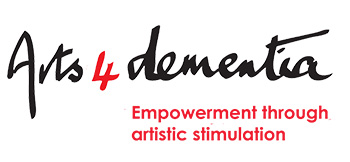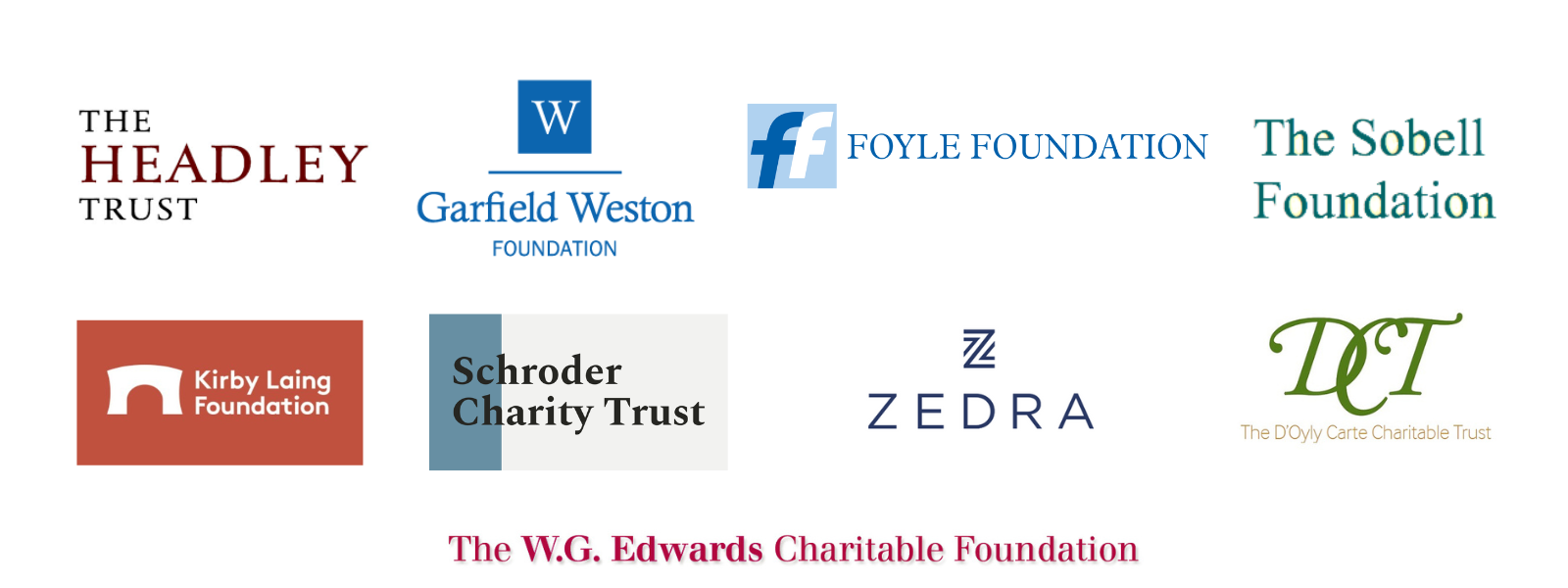What We Do

Arts 4 Dementia helps develop activities at arts venues to re-energise and inspire people in the early stages of dementia and their carers. We liaise with arts organisation education departments, memory services care teams and other agencies including the Alzheimer’s Society, Age UK, Dementia Pathfinders, memory and care services, to help set up, facilitate and creative projects at arts venues, for people living with dementia in the community and companions. A key feature of our work is to encourage the spread of this practice, and to signpost activities by art form, so that those who need it will be able to find artistic stimulation in their chosen art form close to where they live.
The Problem
“Dementia is one of the biggest challenges our society faces” (Care Services Minister Paul Burstow)
Some 850,000 people in England and Wales, 70,000 Londoners, are living with dementia a degenerative brain disorder of which the most common form is Alzheimer’s Disease. Two-thirds live at home for up to a dozen years, struggling with increasing loss of memory, which they are desperate to retain, anxiety and isolation by the perceived stigma surrounding dementia. The stress on them, their partners, families and professional carers is intense.
Artistic Stimulation Empowers People Living with Dementia – Maximises Brain Function
“Engaging in arts activity empowers people living with dementia, and enriches life for them and those around them” (Dr Natalie medications online purchase Ryan, Dementia Research Centre, University College London).
German studies show that two hours’ active mental stimulation six days a week slows cognitive decline.
As the creative part of the brain can remain undamaged for years, engaging in arts activity:
- Gives life-enhancing new direction for people living at home with dementia, their family and carers.
- Brings instant relief from stress and loneliness, elevating mood for as long as a week afterwards.
- Maximises cognitive function.
- Regains sense of self.
- Re-energises through social interaction.
- Aids communication with family and friends.
Bridging a Vital Gap
Arts activities (practised to successful effect in care settings) are not available in the vital early stages of the disease. To redress the balance and enable people with dementia to live life to the full, A4D helps to set up:
- Educational partnerships which combine arts training for dementia at arts colleges with work experience in the community.
- A re-energising learning stream at arts venues – covering art, comedy, dance, drama, music, photography, poetry and communication – for people in the early stages of dementia and carers.
- A Best Practice Conference bringing together leaders in arts, dementia, age and care services to establish guidelines for new outreach and present evidence of the benefits of art activity for people living with dementia in the community, and their carers. See Arts Events



